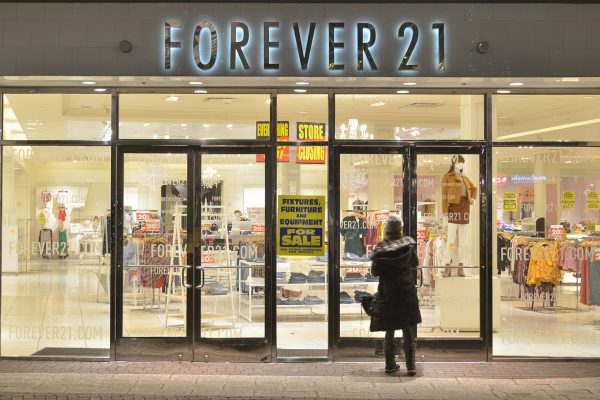Ch-ch-ch-ch-changes!
The novel coronavirus, or COVID-19, has impeded the global economy significantly ever since it was declared a pandemic in early 2020. Although large corporations have found ways around it and even benefit greatly from it in some cases, smaller local businesses are struggling to stay afloat. The new guidelines and restrictions introduced by COVID-19 have had adverse effects on small businesses, but one thing that is certain is that they have all suffered financially.
The first businesses to be hit are the ones where in-person attendance is crucial. Family owned restaurants have had to make massive adjustments to their business model to accommodate the new social distancing market. With distancing guidelines in place, dine-in at restaurants has been moved outdoors or even removed altogether. Because of the CDC’s (Center of Disease Control) 6-feet-apart rule, the atmosphere of dining out has been eliminated. This means that the social experience that previously encouraged customers to dine-in has disappeared. The CDC has also required the wear of a protective mask to cover the mouth and nose. With these requirements and California passing into the “orange” pandemic category, people are allowed to frequent indoor spaces again.
Businesses have taken advantage of this and combined new marketing strategies with adapted guidelines in order to rebuild their establishments. Jiaren Cafe, a local San Jose based business, has shared how they have and continue to adapt to COVID-19. “We put out signs that remind people to wear masks and keep 6 ft distance… We also set up our shop on the 3rd party delivery platform like Doordash and a few others, so that people can get their drink delivered to their home without [the] need to come out.”, says Jaden from Jiaren Cafe. Like many local businesses, they have been struggling to bring in customers since COVID-19 restrictions struck American communities. “Financially we are getting only a fraction of what we used to have, but as people adapt to the new routing, we have seen slow increase in cash flow and daily traffic.” As the framework for building a Covid-friendly business solidifies, establishments like Jiaren have started rebuilding to keep up with the quarantine environment. For many, it’s a “survival of the fittest” situation where trying to reel in patrons the traditional way is out of the question. “We are experiencing things that no one else has experienced before, so it is important to keep an open mind and try new things regardless whether it is hard or easy.”
The question is why exactly Covid guidelines have been so taxing. One factor is likely the conditions that “business-saving” apps like Doordash and Grubhub operate with. In an interview by the New York Times, Matt Majesky, the owner of the restaurant Pierogi Mountain, had a few reservations about working with these delivery companies. According to him, Grubhub took a 40% commission from every order before the restaurant was forced to shut down. With these apps being the only option for many food-based businesses, they can take advantage of small businesses to create a profit for themselves.





